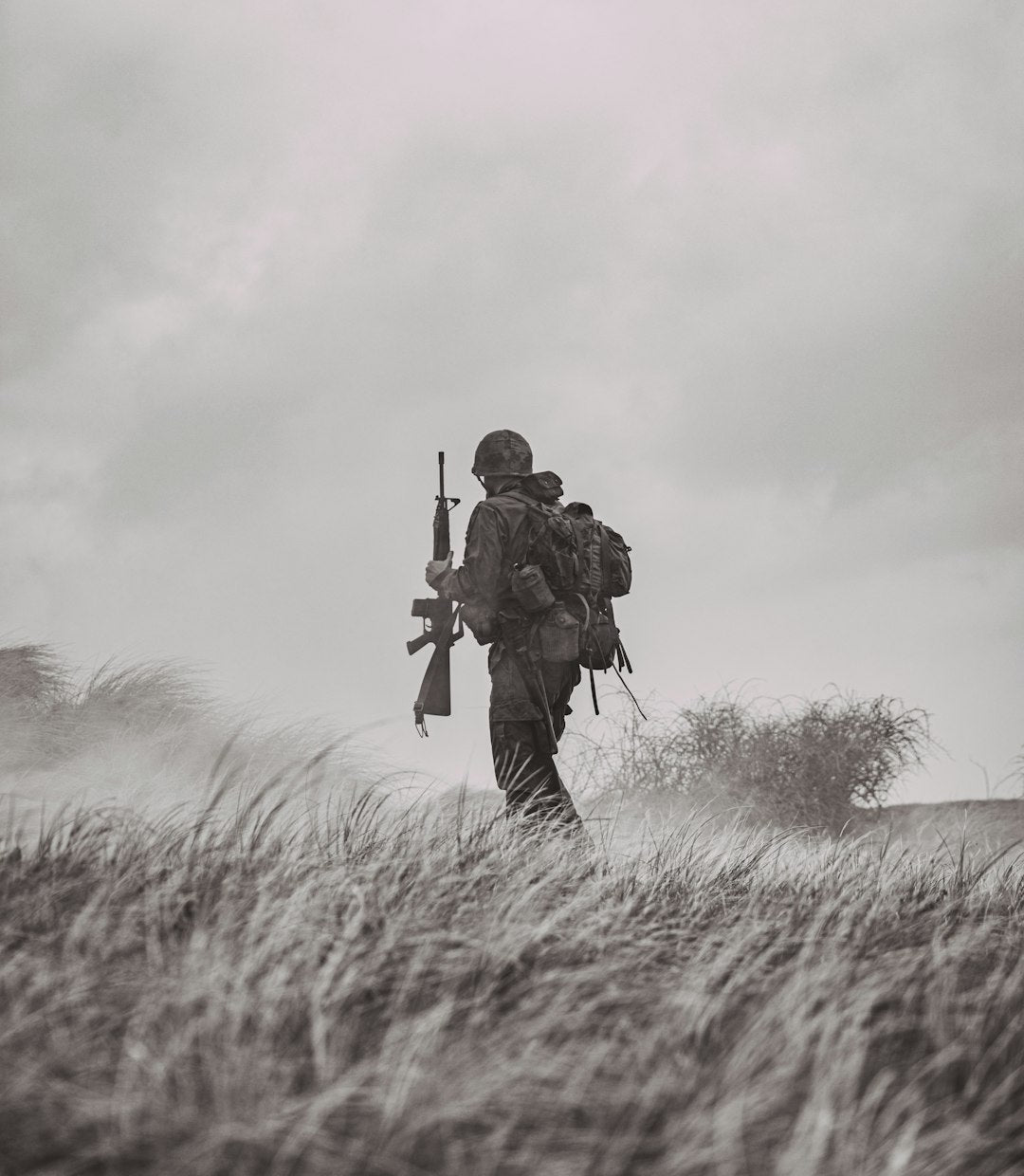
The Impact of PTSD on Military Veterans: Understanding the Silent Battles
Share
For many, the words "military veterans" evoke a sense of honor, strength, and sacrifice. However, beneath the facade of bravery lies a harsh reality that often goes unnoticed - the impact of Post-Traumatic Stress Disorder (PTSD) on those who have served their country. In this article, we delve deep into the silent battles that many veterans face and explore the resonating effects of their service.
The Reality of PTSD Among Military Veterans
PTSD is a mental health condition that can develop after experiencing or witnessing a traumatic event. Among military veterans, the prevalence of PTSD is significantly higher compared to the general population. The harrowing experiences of combat, loss of comrades, and constant exposure to danger can leave lasting scars on a veteran's psyche.
The 10th Mountain Division: A Legacy of Courage and Sacrifice
One of the renowned units of the US Army, the 10th Mountain Division, has a storied history of bravery and resilience. However, behind the tales of heroism lies a stark truth - many veterans of the 10th Mountain Division grapple with the invisible wounds of war, including PTSD.
The Unseen Scars of War
Unlike physical injuries that are visible to the naked eye, the wounds of PTSD are often invisible. This hidden burden can manifest in various ways, including flashbacks, nightmares, hypervigilance, and severe anxiety. The toll of PTSD not only affects the individual but also ripples through their relationships, work, and daily life.
Supporting Our Veterans: A Call to Action
As a society, it is crucial to recognize the sacrifices made by our military veterans and offer them the support they deserve. Organizations like Pando Commando are dedicated to raising awareness about PTSD among veterans and providing resources to help them cope with the challenges they face.
Breaking the Stigma: Destigmatizing Mental Health
One of the barriers that prevent veterans from seeking help for PTSD is the stigma surrounding mental health issues. By fostering a culture of openness and understanding, we can create a safe space for veterans to come forward and seek the assistance they need.
Healing Through Connection: The Power of Camaraderie
For many veterans, the bonds forged in the heat of battle are instrumental in their healing journey. Connecting with fellow veterans who understand their struggles can provide a sense of solidarity and comfort that is unparalleled.
Embracing Healing Modalities: Finding What Works
There is no one-size-fits-all approach to healing from PTSD. Veterans may find solace in a variety of modalities, including therapy, support groups, art therapy, mindfulness practices, and more. Exploring different avenues can help them discover what resonates best with their unique needs.
Honoring Their Service: A Gratitude Beyond Words
Expressing gratitude for the service of military veterans goes beyond mere words - it is in our actions that we truly honor their sacrifices. Whether through volunteering, donation, or simply lending a listening ear, each act of support contributes to a brighter future for our veterans.
Redefining Strength: The Courage to Seek Help
In a world that often equates strength with stoicism, it takes immense courage for veterans to acknowledge their vulnerabilities and seek help for their mental health. This act of reaching out is not a sign of weakness but a testament to their resilience and determination to overcome adversity.
Empowering Veterans: A Journey of Resilience
Through resilience, support, and unwavering determination, many veterans find the strength to navigate the tumultuous waters of PTSD. By acknowledging their struggles and seeking assistance, they pave the way for a brighter tomorrow, both for themselves and their comrades.
A Unified Front: Standing Together for Our Veterans
As we reflect on the impact of PTSD on military veterans, let us stand united in our commitment to supporting those who have served our country. Together, we can create a world where the silent battles of our veterans are heard, understood, and met with compassion.


